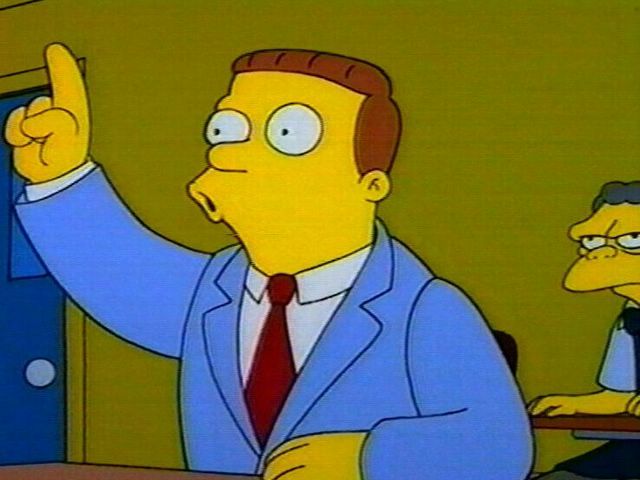- Jul 15, 2007
- 9,634
- 7,239
- AFL Club
- Fremantle
- Other Teams
- Boston Celtics, Patriots
- Thread starter
- #701
Exactly this. The chairperson can't actually make rulings, he can only make guidelines for the tribunal.
You keep saying that Allikat, I'm pretty sure I've read in the tribunal/rules guidelines (and it has been noted elsewhere about the place) that the chairperson can in fact make a ruling if it is done so on a question of law. It's based on the same powers a judge would have in a court of law, and it seems like that is what he's done here. So he can make rulings if he thinks that the way the defendant is arguing is based on the interpretation of the rule in and of itself rather than any action that Fyfe may or may not have done (i.e. the facts, which is what the jury consider) in regards to those rules. Simply saying the chairperson can't actually make a ruling is incorrect because they can in certain cases/lines of argument, I suspect we're challenging whether he's done so in the right manner according to the rules/laws of the tribunal process etc.
I think there are grounds for the appeal, I like the idea we're doing it, but TBH, it's a long shot - from my understanding of the rules, I think the chairperson did have grounds to reject the argument that Tweedie made - but there's enough grey area there to have a go at it, so good luck to them.
Of course, this is all based on second hand information, it's so hard to tell without the proper transcripts as to how exactly it went down, but given that we're challenging it, then they must see something there too and I assume that an application for appeal needs to have some merit to even be heard?





